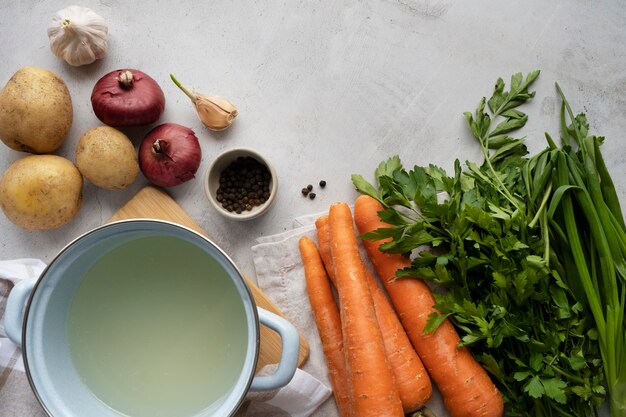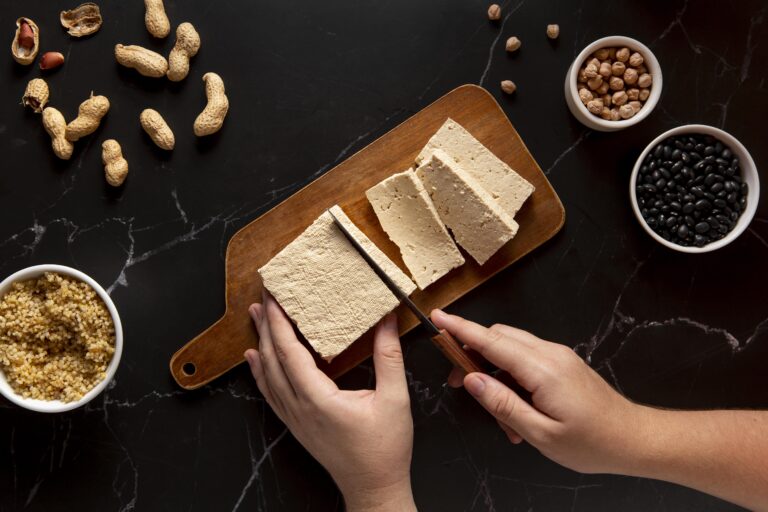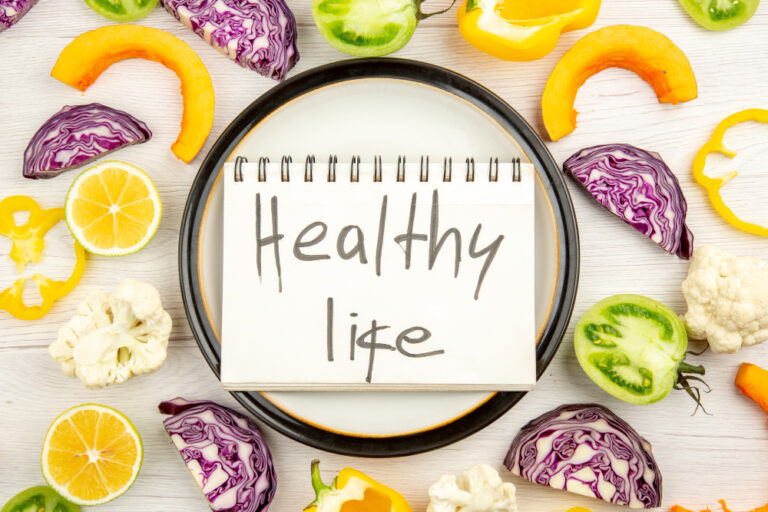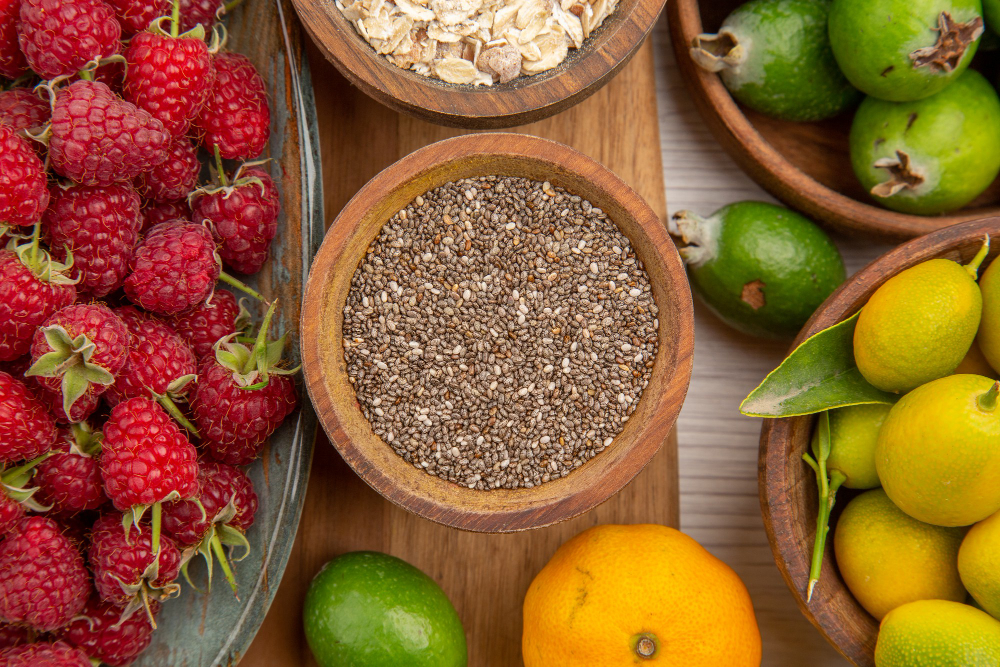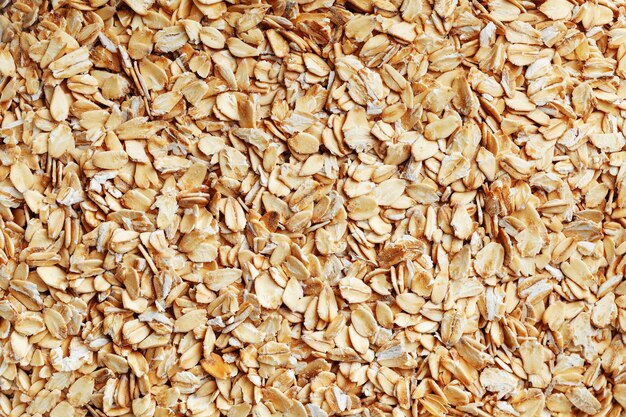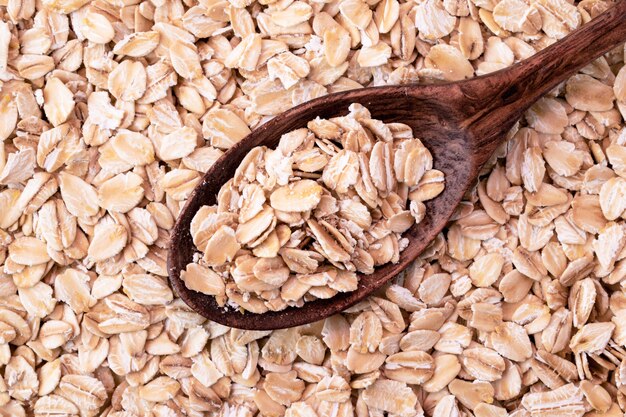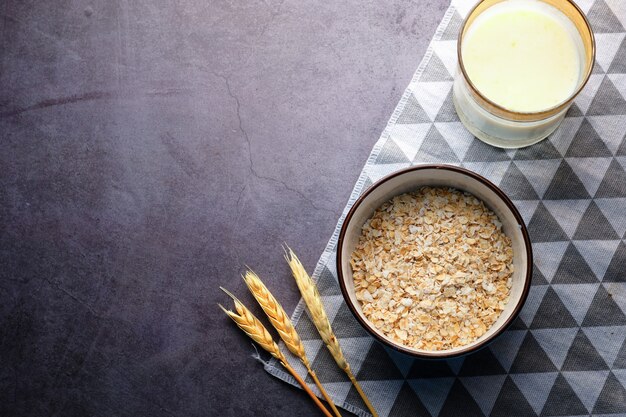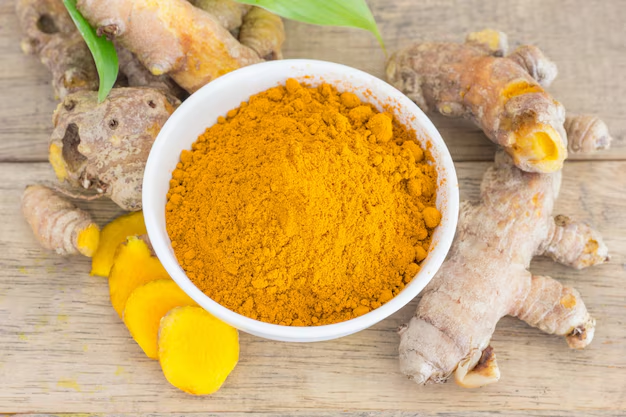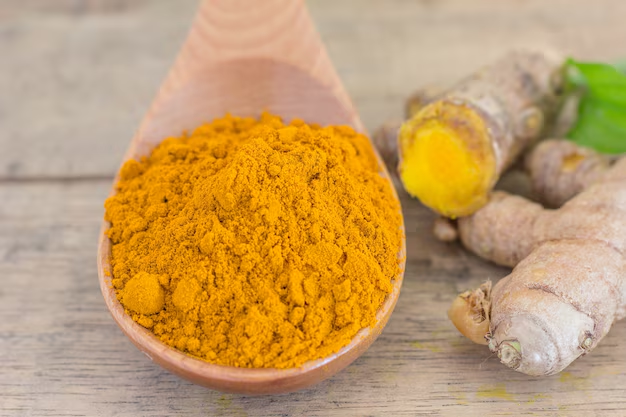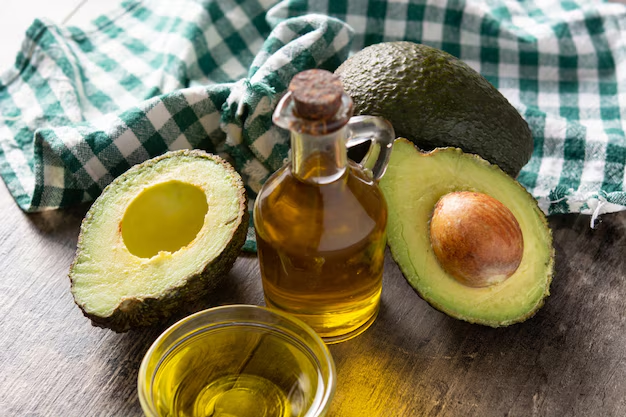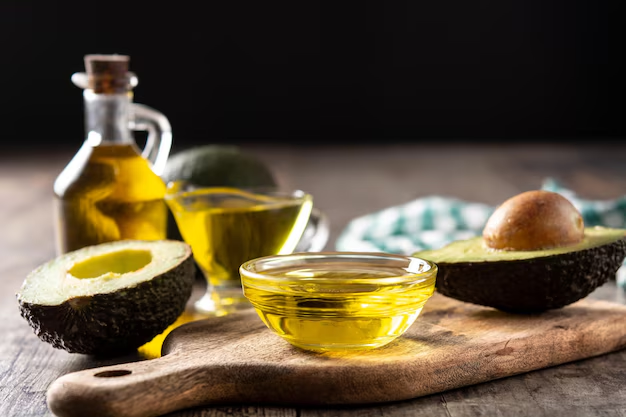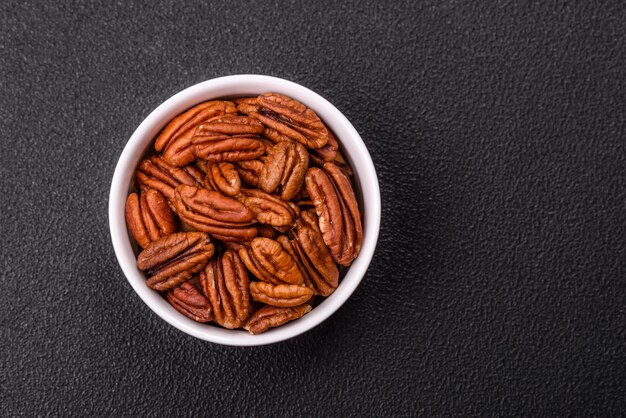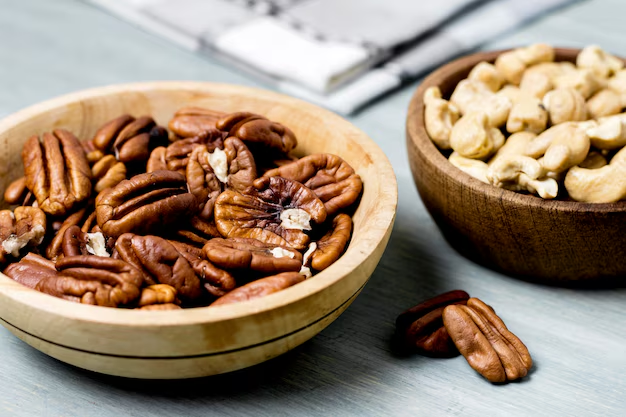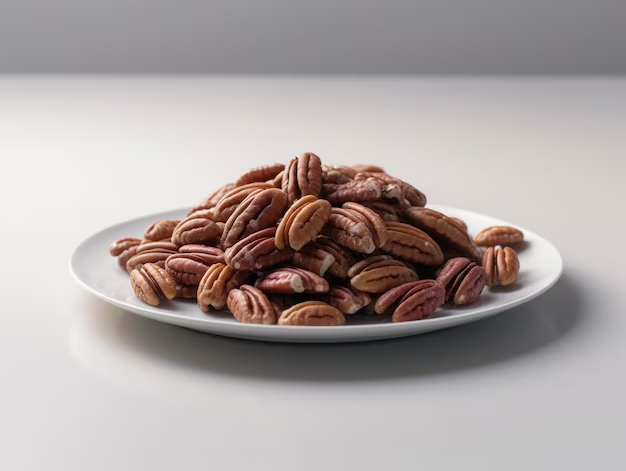Metabolism plays a central role in how the body converts food into energy, affecting everything from weight management to overall health. A common question among those seeking to optimize their metabolism is: Does eating breakfast really boost metabolism?
The answer lies in understanding how different meals influence metabolic processes. Breakfast, often regarded as the most important meal of the day, can have a significant impact on energy levels and the body’s ability to process glucose. For individuals managing blood sugar levels, particularly those with diabetes, breakfast can help stabilize blood sugar throughout the day and prevent harmful spikes or dips.

Recent studies suggest that breakfast, when balanced with the right nutrients, can indeed help kickstart metabolism by promoting early-day energy use and improving insulin sensitivity. However, what constitutes the ideal breakfast for metabolism and blood sugar control can vary from person to person. In this article, we’ll explore whether eating breakfast is essential for boosting metabolism and how it can specifically benefit those managing diabetes.
SEO Tip: By including the primary keyword, “does eating breakfast really boost metabolism?” in the opening paragraph, we ensure that search engines rank this content higher for relevant queries related to metabolism and breakfast.
What Is Metabolism?
Metabolism refers to the complex set of chemical reactions that occur in the body to convert food into energy. This process is crucial for maintaining vital functions such as breathing, circulating blood, and repairing cells. Metabolism essentially governs how efficiently the body produces and uses energy from the food we consume. The energy produced is measured in calories, and the rate at which your body burns these calories is called the metabolic rate.
Metabolism is divided into two main processes: catabolism (breaking down food to release energy) and anabolism (using energy to build up tissues). These processes are tightly regulated by hormones, enzymes, and various organs, including the thyroid and pancreas. The body’s metabolic rate can vary greatly depending on several factors, including age, muscle mass, genetics, and lifestyle choices such as physical activity and diet.
Factors Influencing Metabolism
- Diet: What you eat directly impacts metabolism. A balanced diet rich in whole foods, fiber, and lean proteins can enhance metabolic function, while processed foods may slow it down. Certain foods, like green tea, protein-rich meals, and spicy foods, can also provide a short-term metabolism boost.
- Physical Activity: Regular exercise, especially strength training, can increase muscle mass, which in turn raises your resting metabolic rate. Cardiovascular exercises also help burn calories efficiently.
- Hormonal Health: Hormones such as thyroid hormones, insulin, and cortisol significantly impact metabolic processes. For individuals with diabetes, optimizing insulin sensitivity can help regulate metabolism and blood sugar levels more effectively.
To support optimal metabolism regulation, focusing on lifestyle choices like diet and exercise, while also managing stress and hormone levels, can help boost metabolism naturally.
The Science of Breakfast and Metabolism
The idea that breakfast is the “most important meal of the day” has been around for decades, but what does science say about its impact on metabolism and overall health? Recent studies provide evidence supporting the idea that breakfast plays a crucial role in stabilizing metabolism, especially when it comes to blood sugar regulation and insulin sensitivity.
Studies on Breakfast and Metabolism
Many studies have shown that eating a balanced breakfast can positively affect metabolism and energy regulation throughout the day. One key factor is how breakfast influences blood sugar levels. A study published in the American Journal of Clinical Nutrition found that individuals who ate breakfast had better insulin sensitivity compared to those who skipped it. Skipping breakfast can lead to increased insulin resistance, making it more difficult for the body to regulate blood sugar effectively.
Eating breakfast kick-starts the body’s metabolic processes by stimulating thermogenesis, which is the process of producing heat (and thus burning calories) after food intake. Consuming a meal in the morning helps restore blood glucose levels after an overnight fast and encourages the body to use energy more efficiently.
Breakfast and Blood Sugar Regulation
For individuals with diabetes, managing blood sugar levels is key. Research indicates that eating a balanced breakfast, particularly one rich in protein, fiber, and healthy fats, can help avoid spikes in blood sugar later in the day. Breakfast meals with these components have been shown to prevent insulin surges and help maintain more stable glucose levels throughout the day. A breakfast high in refined carbs, on the other hand, may trigger quick spikes and crashes in blood sugar, potentially increasing the risk of hyperglycemia.
Metabolic Effects for People with Diabetes vs. General Population
While the benefits of eating breakfast are observed across the general population, the effects are even more pronounced for individuals with diabetes. People with type 2 diabetes often experience insulin resistance, where the body’s cells do not respond effectively to insulin. This can result in elevated blood sugar levels and poor metabolic control. For these individuals, eating a nutritious breakfast—preferably with a balance of protein, healthy fats, and fiber—can be a way to stabilize blood sugar levels early in the day, reducing the likelihood of insulin spikes.
For the general population, breakfast consumption has been linked to improved cognitive function, better mood regulation, and increased energy. However, people without blood sugar control issues tend to have more flexibility when it comes to meal timing. Studies suggest that skipping breakfast may not necessarily cause long-term harm if it is part of an overall balanced eating pattern. Still, a balanced breakfast remains a strong strategy for those looking to optimize energy and metabolism.
Key Takeaway: Balanced Breakfasts for Stable Metabolism
The science suggests that eating breakfast—especially a well-balanced one—can support healthy metabolism and blood sugar regulation. For individuals with diabetes, this is particularly important, as it can help prevent extreme fluctuations in blood glucose and improve insulin sensitivity. A balanced breakfast, including lean protein, fiber-rich vegetables, and healthy fats, is key for stabilizing blood sugar and setting the stage for a more controlled metabolic process throughout the day. For optimal metabolic health, choosing whole, nutrient-dense foods for breakfast remains one of the best strategies for blood sugar control and overall energy balance.
Best Breakfast Practices for Boosting Metabolism
When it comes to boosting metabolism, starting the day with a nutritious breakfast can make all the difference. The foods you eat, the timing of your meals, and portion control are key elements in enhancing metabolism and supporting overall health, especially for individuals managing blood sugar levels. Below are some of the best breakfast practices to consider for optimal metabolic health.

1. Nutrient-Rich Breakfast Options
The best breakfast for boosting metabolism focuses on a balance of macronutrients—protein, healthy fats, and fiber. These nutrients are not only satisfying but also help stabilize blood sugar and support the body’s metabolic processes.
Protein: Protein is essential for building muscle mass and promoting satiety. Breakfast options rich in protein, such as eggs, Greek yogurt, or cottage cheese, help to curb hunger and keep blood sugar levels steady throughout the day. Protein also stimulates the thermic effect of food (TEF), which is the energy required to digest, absorb, and metabolize nutrients. A protein-rich breakfast can increase calorie burning early in the day.
Healthy Fats: Including healthy fats in your breakfast, such as avocado, nuts, or olive oil, can further support metabolism by promoting satiety and helping regulate blood sugar. Healthy fats are also crucial for hormone production, including the hormones involved in metabolism and appetite regulation.
Fiber: Fiber-rich foods, such as whole grains, vegetables, and fruits, are vital for good digestion and stable blood sugar levels. Fiber helps slow the absorption of sugar into the bloodstream, preventing spikes in glucose and insulin. Fiber also promotes a sense of fullness, reducing the likelihood of overeating later in the day.
Foods to Avoid: To support healthy metabolism, it’s essential to avoid breakfast foods that are high in refined sugars and processed ingredients. Breakfast cereals, pastries, and sugary drinks often lead to a rapid spike in blood sugar, followed by a crash, which can disrupt metabolism and contribute to weight gain. Opting for whole, nutrient-dense foods is a better way to maintain steady energy levels and healthy metabolism.
2. Timing Matters
The timing of your breakfast plays a crucial role in boosting metabolism and regulating blood sugar. Eating within 1-2 hours of waking up helps jumpstart your metabolism after the overnight fast. Skipping breakfast or delaying it too long can result in a slower metabolism, low energy levels, and irregular blood sugar levels.
Intermittent Fasting: For those practicing intermittent fasting, the body adapts to fasting periods and burns fat during the fasting window. While intermittent fasting may have benefits, it may not be suitable for everyone, especially those with diabetes, as it can cause blood sugar fluctuations. For individuals managing blood sugar levels, a balanced breakfast is key to preventing insulin resistance and supporting steady glucose levels. If intermittent fasting is practiced, it’s essential to consult a healthcare provider to ensure it’s done safely.
Consistency in Timing: Having a consistent breakfast routine every day is another essential factor for metabolic health. Eating breakfast at similar times each day helps regulate the body’s internal clock and supports the natural rhythm of metabolism. This can improve energy levels and help prevent overeating later in the day.
3. Portion Control
Portion control is a key element of any breakfast for boosting metabolism. Even nutrient-dense foods can lead to weight gain if consumed in excessive amounts. Balancing your calorie intake at breakfast helps avoid overconsumption and ensures that your metabolism operates efficiently without leading to unwanted weight gain.
Balance in Portion Sizes: Aim for a well-balanced meal that includes protein, healthy fats, and fiber in moderate portions. For example, a serving of eggs or Greek yogurt with a small portion of whole grains, vegetables, and healthy fats like avocado can provide the right balance of macronutrients to fuel your metabolism. Avoid large portions of high-calorie, low-nutrient foods that may slow down digestion or lead to weight gain.
Mindful Eating: Practicing mindful eating—paying attention to hunger cues and eating at a slower pace—can prevent overeating and promote better digestion. Taking the time to enjoy your meal allows your body to signal when it’s full, preventing excessive calorie consumption.
4. Practical Examples of Metabolism-Boosting Breakfasts
To help you incorporate the best breakfast practices into your routine, here are a few practical examples that are nutrient-rich and supportive of healthy metabolism:
Option 1: Protein-Packed Scramble with Veggies
- Scrambled eggs or egg whites with spinach, bell peppers, and mushrooms
- A side of whole-grain toast or a small portion of sweet potatoes
- A handful of avocado for healthy fats
Option 2: Greek Yogurt Parfait
- A serving of plain Greek yogurt (high in protein)
- Fresh berries (fiber and antioxidants)
- Chia seeds or flaxseeds (for healthy fats and fiber)
Option 3: Oatmeal with Almond Butter
- Steel-cut oats cooked with almond milk
- Topped with a spoonful of almond butter, chia seeds, and fresh fruit (like banana slices)
- A sprinkle of cinnamon for added flavor and metabolism-boosting properties
Option 4: Smoothie Bowl
- Blend together spinach, protein powder, unsweetened almond milk, and a few frozen berries
- Top with chia seeds, sliced almonds, and a drizzle of honey
Option 5: Avocado Toast with Poached Eggs
- Whole-grain toast topped with mashed avocado, a poached egg, and a sprinkle of chili flakes or nutritional yeast
- A side of mixed greens or sliced cucumber for added fiber
Key Takeaway
For optimal metabolic health, breakfast plays a pivotal role in kick-starting your metabolism and supporting blood sugar regulation. Focus on nutrient-rich breakfasts that are balanced with protein, healthy fats, and fiber. By eating within the first 1-2 hours of waking up, practicing portion control, and choosing whole, minimally processed foods, you can promote steady energy levels and enhance your body’s ability to metabolize nutrients. The best breakfast for metabolism not only provides the necessary fuel for the day but also sets the stage for a well-regulated metabolism and improved blood sugar control.
Debunking Myths About Breakfast and Metabolism
There are several misconceptions about breakfast and its role in metabolism. Let’s address the most common ones and provide scientific clarity based on recent research.
Myth 1: Skipping Breakfast Slows Down Metabolism
One of the most persistent myths is that skipping breakfast slows down metabolism. While it’s true that eating can temporarily increase metabolism through the thermic effect of food (TEF), research has shown that skipping breakfast doesn’t necessarily slow down your metabolism in the long term. A study published in The American Journal of Clinical Nutrition found that skipping breakfast did not significantly affect daily energy expenditure or resting metabolic rate. However, for individuals with certain health conditions like diabetes, skipping breakfast can lead to fluctuations in blood sugar and insulin sensitivity, making it important to consume a balanced breakfast to stabilize metabolism.
Myth 2: Breakfast Equals Weight Loss
Another myth is that eating breakfast automatically leads to weight loss. While breakfast can help control appetite and stabilize blood sugar levels, it doesn’t guarantee weight loss on its own. The type of foods consumed and portion control are far more important factors. For example, a breakfast loaded with refined carbs and sugar may lead to a spike in insulin, which can promote fat storage. On the other hand, a balanced breakfast with protein, healthy fats, and fiber can help manage hunger and prevent overeating later in the day, supporting weight management.
In conclusion, while breakfast is important for maintaining stable blood sugar and promoting satiety, it is not a magic solution for metabolism or weight loss. The quality of breakfast and overall dietary habits matter more than the simple act of eating breakfast.
FAQs on Breakfast and Metabolism
1. Does skipping breakfast harm metabolism?
Skipping breakfast does not directly harm metabolism in the long term. Studies have shown that while eating can temporarily boost metabolism through a process called the thermic effect of food, missing breakfast doesn’t necessarily cause significant changes in resting metabolic rate or overall energy expenditure. However, for people with diabetes, skipping breakfast can cause blood sugar fluctuations, which can negatively impact insulin sensitivity and overall metabolic control. Therefore, it’s generally advised for individuals managing blood sugar to have a balanced meal in the morning to prevent spikes and crashes.
2. What’s the best breakfast for people with diabetes?
The best breakfast for people with diabetes should be rich in protein, healthy fats, and fiber to stabilize blood sugar levels. Ideal options include:
- Eggs (boiled, scrambled, or poached): A great source of protein and healthy fats that don’t cause blood sugar spikes.
- Greek yogurt (unsweetened): Provides protein and probiotics, which are good for gut health and insulin sensitivity.
- Whole grains like oats or quinoa: These high-fiber foods help slow sugar absorption and provide lasting energy.
- Avocado: Offers healthy fats that support blood sugar control and keep you feeling full.
- Non-starchy vegetables like spinach or bell peppers: These are low in calories and carbohydrates, while also offering essential nutrients.
It’s crucial to avoid refined sugars and highly processed foods for breakfast, as they can cause rapid spikes in blood sugar.
3. Are there long-term benefits of eating breakfast?
Yes, there are long-term benefits to eating a balanced breakfast. Regular consumption of a healthy breakfast is linked to better blood sugar regulation, improved insulin sensitivity, and a reduced risk of chronic conditions like obesity, type 2 diabetes, and heart disease. Eating breakfast also helps in maintaining a healthy weight, as it prevents overeating later in the day and reduces cravings for unhealthy snacks. Additionally, a nutrient-rich breakfast provides important vitamins and minerals needed for optimal energy levels, cognitive function, and overall well-being.
4. Can intermittent fasting and breakfast coexist?
Intermittent fasting (IF) and breakfast can coexist, but it depends on the fasting window you follow. Many IF regimens, such as the 16:8 method, recommend fasting for 16 hours and eating within an 8-hour window, which may include a late breakfast or early lunch. If you are practicing intermittent fasting and still want to eat breakfast, you can adjust your eating window accordingly. For example, if you start eating at 10 AM, you may have your first meal after fasting overnight. However, people with diabetes should consult with their healthcare provider before starting intermittent fasting, as it may require adjustments in insulin management and meal timing to avoid blood sugar fluctuations.
Conclusion
In conclusion, breakfast can play a significant role in supporting metabolism, but the key lies in the quality and timing of your meals. Consuming a nutrient-rich breakfast with a balance of protein, healthy fats, and fiber can help regulate blood sugar levels, stabilize energy, and promote overall metabolic health. For those managing diabetes, starting the day with a well-rounded meal is particularly important for preventing blood sugar spikes and crashes.
While the timing of breakfast matters, it’s essential to experiment with different options and find what works best for your body. Eating within 1-2 hours of waking up can kickstart metabolism, but the focus should always be on choosing whole, unprocessed foods over refined sugars and carbs.
We encourage you to incorporate a variety of balanced breakfast options into your routine and pay attention to how they affect your energy levels and overall well-being. By making mindful choices, you can boost metabolism naturally and enhance your health.
So, does eating breakfast really boost metabolism? The answer is yes—but only when it’s done with thoughtfulness and consistency. Start today with healthier breakfast habits and enjoy the long-term benefits they bring.

